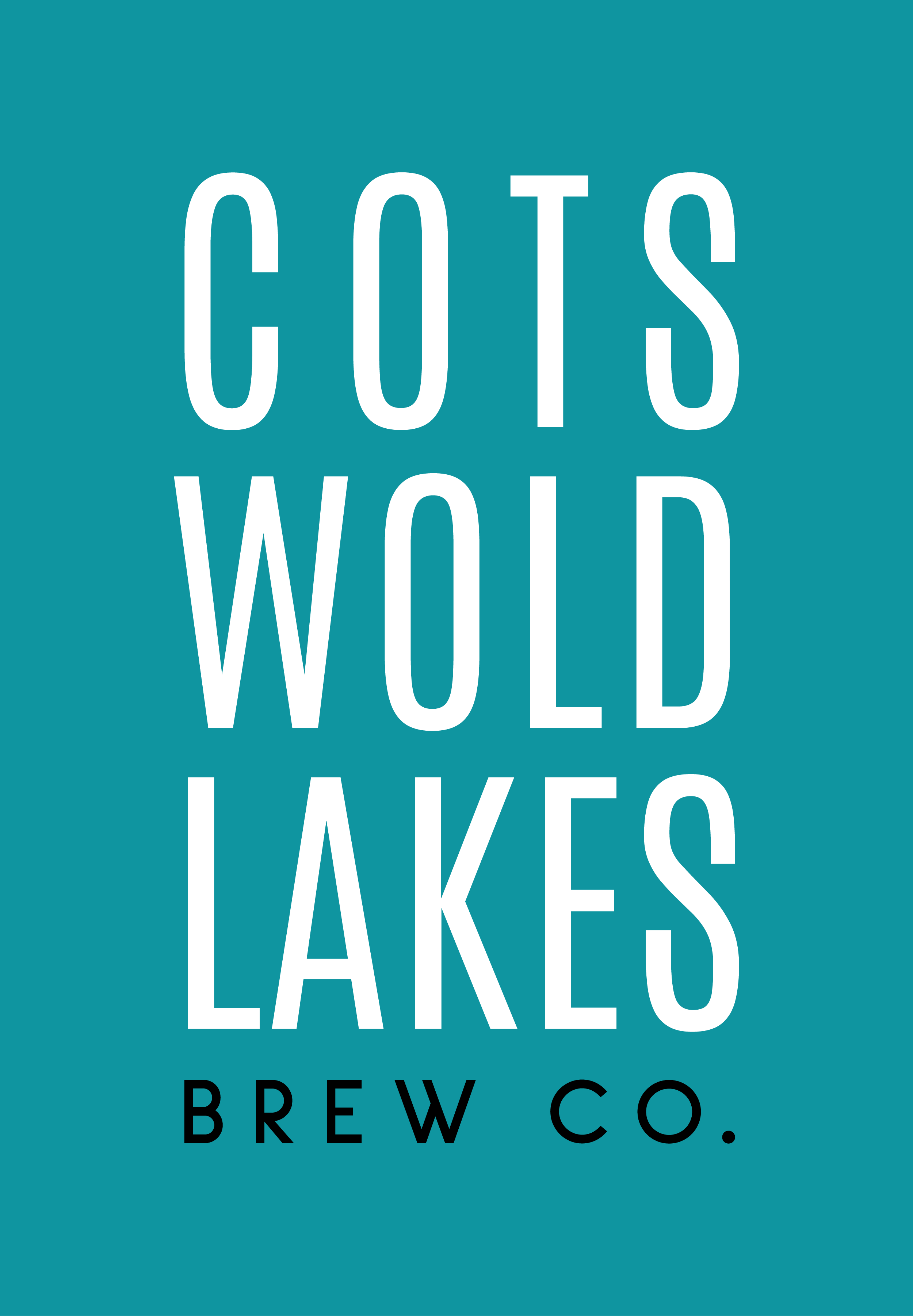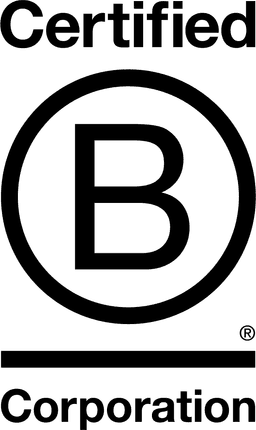

Cotswold Lakes Brew Co.

Gloucestershire, United Kingdom
October 2024
Beverages
Manufacturing
United Kingdom
Cotswold Lakes Brew Co. is a purpose-driven micro brewery, founded in 2021 by seven work colleagues who loved beer but knew nothing about commercial brewing. Their mission is simple: to create award-winning, great-tasting beers whilst making a positive impact. Committed to sustainability, they brew beers that use surplus bread from local businesses, helping to reduce food waste and lower their carbon footprint. As part of their dedication to the community and environment, they donate 1% of their turnover to the Cotswold Lakes Trust. The brewery boasts a vibrant taproom, coffee shop and event space that brings together the local community, purposeful businesses and visitors to the lakes, in a celebration of the best of local food & drink, local music, arts & crafts and the natural beauty of this amazing corner of the Cotswolds. For Cotswold Lakes Brew Co., it’s all about “Beer. With Purpose.” – great beer that makes a difference
Overall B Impact Score
Governance 16.5
Governance evaluates a company's overall mission, engagement around its social/environmental impact, ethics, and transparency. This section also evaluates the ability of a company to protect their mission and formally consider stakeholders in decision making through their corporate structure (e.g. benefit corporation) or corporate governing documents.
What is this? A company with an Impact Business Model is intentionally designed to create a specific positive outcome for one of its stakeholders - such as workers, community, environment, or customers.
Workers 26.1
Workers evaluates a company’s contributions to its employees’ financial security, health & safety, wellness, career development, and engagement & satisfaction. In addition, this section recognizes business models designed to benefit workers, such as companies that are at least 40% owned by non-executive employees and those that have workforce development programs to support individuals with barriers to employment.
Community 16.8
Community evaluates a company’s engagement with and impact on the communities in which it operates, hires from, and sources from. Topics include diversity, equity & inclusion, economic impact, civic engagement, charitable giving, and supply chain management. In addition, this section recognizes business models that are designed to address specific community-oriented problems, such as poverty alleviation through fair trade sourcing or distribution via microenterprises, producer cooperative models, locally focused economic development, and formal charitable giving commitments.
Environment 19.3
Environment evaluates a company’s overall environmental management practices as well as its impact on the air, climate, water, land, and biodiversity. This includes the direct impact of a company’s operations and, when applicable its supply chain and distribution channels. This section also recognizes companies with environmentally innovative production processes and those that sell products or services that have a positive environmental impact. Some examples might include products and services that create renewable energy, reduce consumption or waste, conserve land or wildlife, provide less toxic alternatives to the market, or educate people about environmental problems.
What is this? A company with an Impact Business Model is intentionally designed to create a specific positive outcome for one of its stakeholders - such as workers, community, environment, or customers.
Customers 2.4
Customers evaluates a company’s stewardship of its customers through the quality of its products and services, ethical marketing, data privacy and security, and feedback channels. In addition, this section recognizes products or services that are designed to address a particular social problem for or through its customers, such as health or educational products, arts & media products, serving underserved customers/clients, and services that improve the social impact of other businesses or organizations.